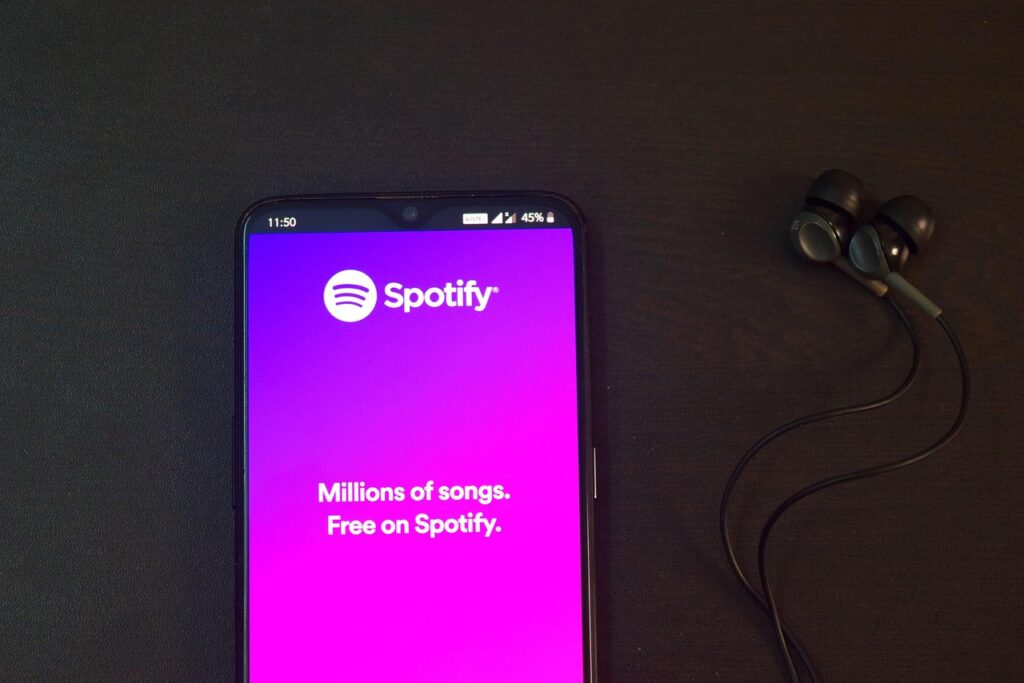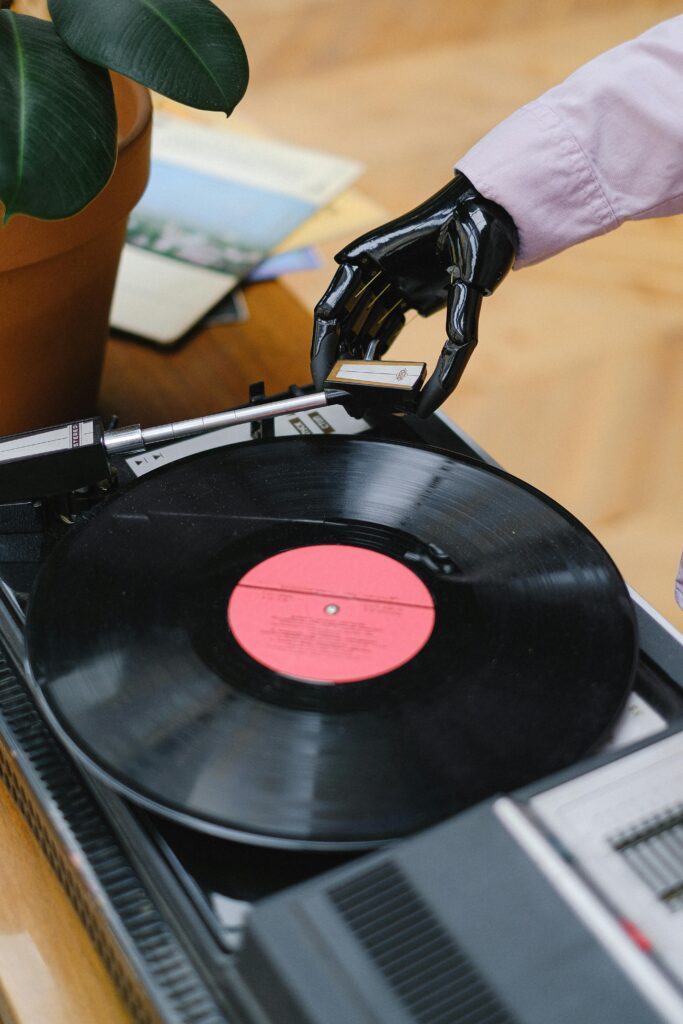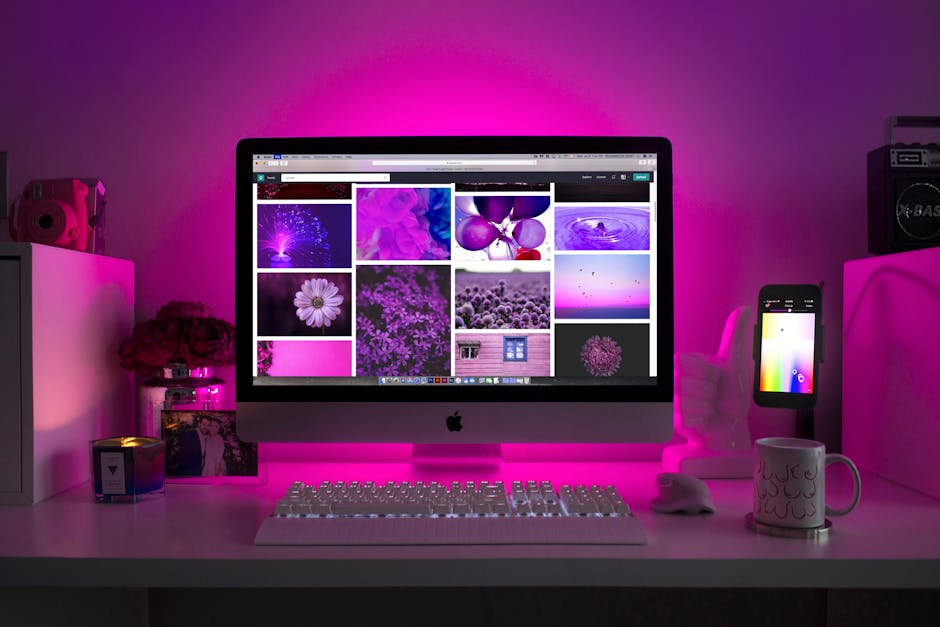For years, Spotify’s AI-powered music discovery has been my trusted companion, consistently suggesting songs that resonated with my taste. However, with the rise of AI-generated music, I’ve noticed a decline in the quality of recommendations. Sometimes, I find myself disappointed with suggested tracks that feel artificial or disconnected from my musical preferences. Is the AI still learning, or is it losing touch with authentic music discovery?

How Spotify Helps Me Find Great Music
Hey there! The way Spotify disrupts how we consume music has become advantageous to me personally. Their service is incredible, with a complete catalog that includes all genres of Indonesian music, high-quality audio, a download option so we can listen offline, and most importantly for me, their two features called “Discover Weekly” and “Release Radar”. Not to forget “Spotify Wrapped,” which I also consider cool and great content marketing.
With these features, I “met” good songs/music (subjectively) like Timber Timbre, Peter Cat Recording, Rhye, Eddie Chacon, Hermanos Gutiérrez, BADBADNOTGOOD, Parcels, and more. The great thing about this feature is not only its suggestions for new music and musicians, but also how it helps me discover established artists I hadn’t known before.
Fake AI Generated Music
But those happy moments seem to have vanished. In my recent weeks, my Discover Weekly isn’t as good as it used to be—sometimes I encounter what appears to be AI-generated music. These suspicious tracks have limited variety, with songs that sound nearly identical. I can’t even find any online presence for these supposed artists.
Interestingly, this isn’t just my personal experience. According to recent discussions on Reddit’s r/truespotify, many users are reporting similar frustrations with their Discover Weekly playlists1. They’ve noticed an increase in what they believe to be AI-generated “fake” music, characterized by similar-sounding tracks from unknown artists with AI-generated cover art and generic names. Some users are even considering switching to alternative platforms like Tidal and Apple Music, believing these services offer better content quality control. The problem has become so prevalent that users have developed specific criteria to identify potentially AI-generated music, such as artist profiles with only one or two releases, generic song names, and suspiciously similar listen counts across limited discographies.

How Spotify Can Restore User Trust and Engagement
I think, to address these challenges and maintain its position as a leading music streaming platform with over 500 millions monthly users2, To improve, Spotify should focus on three key areas. First, they need better verification systems to check artists and detect suspicious uploads. Second, they should use AI tools to spot computer-generated music and unusual streaming patterns. Finally, they should give users more control over their music discovery and better support real artists through fair payment. These changes would help Spotify stay trustworthy and keep users happy.
Conclusion
Despite my current dissatisfaction with Discover Weekly’s recommendations, I continue to use Spotify as my primary music streaming platform. Its lightweight app performance compared to Tidal and Apple Music (the sound quality is acceptable — especially for me who listens just through TWS headsets, in my car, and in my living room), combined with an extensive podcast library offering diverse content options, keeps me engaged with the service. However, I sincerely hope Spotify will improve its recommendation algorithms to restore the magic of authentic music discovery that initially drew me to the platform.

